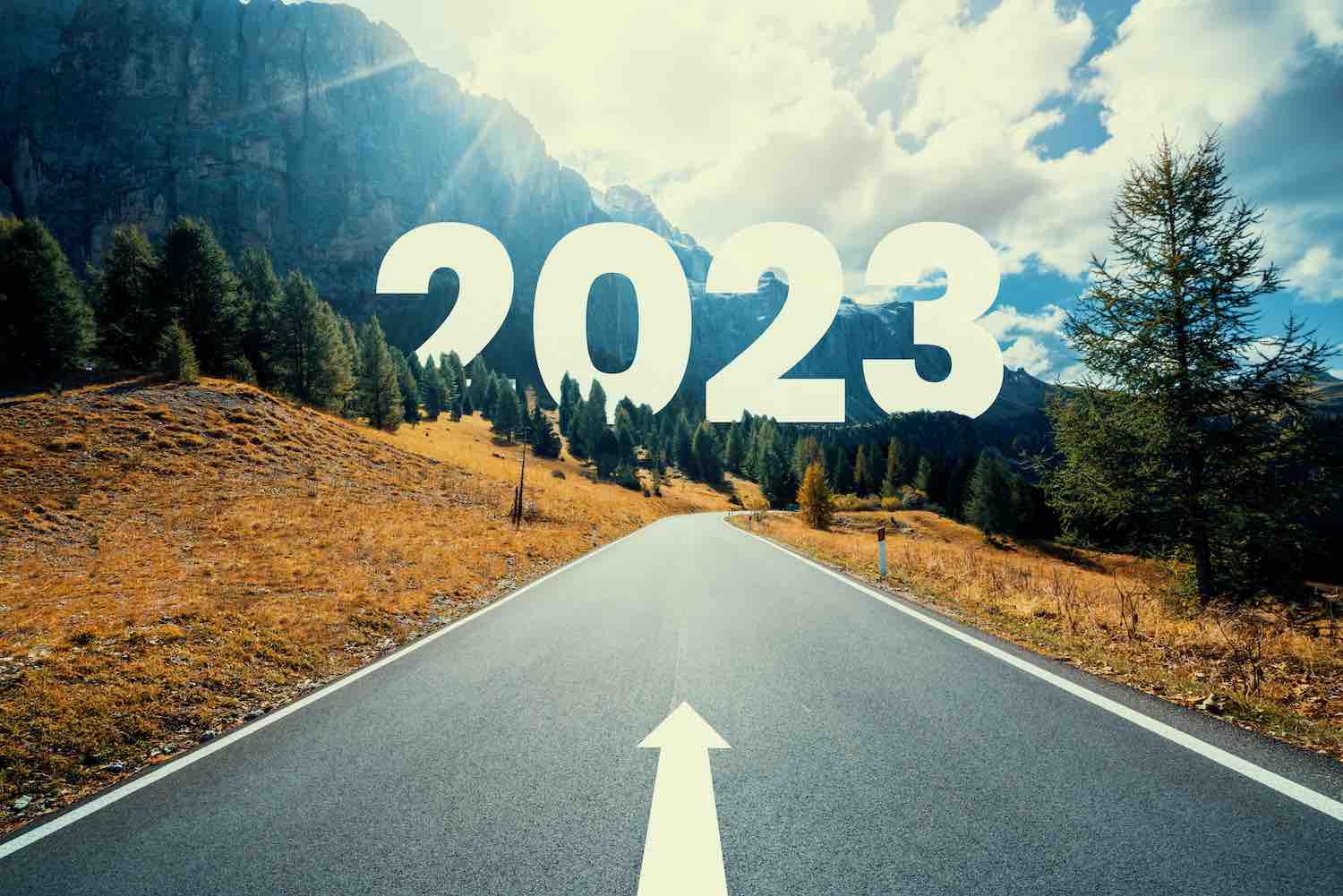ImpactAlpha, Jan. 4 – The Inflation Reduction Act is the climate investment gift that promises to keep on giving.
The law represents perhaps the biggest policy pivot of 2022, reversing four years of climate obstruction and allocating hundreds of billions of dollars in incentives to drive a green, inclusive economic revival across the U.S., as we wrote in our year-end climate outlook. The IRA was already spurring U.S. investment in renewable energy, electric vehicles and charging infrastructure, and heat pumps even before many of its provisions went into effect on Jan 1.
The White House in its own year end review estimated that the climate bill and earlier infrastructure act will drive more than $3.5 trillion in public and private sector investment over the next decade.
The U.S. policy pivot also is reverberating around the globe. European countries, concerned about being boxed out of the U.S. market, are ratcheting up their own climate investments. Other nations also are looking to align their own policies to prepare for the global climate race.
The Inflation Reduction Act’s provisions supporting wind and solar power, battery storage, carbon capture, and low-carbon hydrogen, “simply outshine existing policy frameworks in most other countries,” says Wood Mackenzie’s David Brown in the research firm’s 10 Energy Predictions.
“A leveling-up of policy support will unlock new business opportunities for the entire globe,” predicts Brown.
Brown’s colleague Kavita Jadhav sees a similar competitive dynamic taking hold in the Middle East. The United Arab Emirates is ramping up investment in low-carbon energy in preparation for hosting this year’s global climate summit, COP28, potentially spurring its neighbors to follow suit.
Other predictions for climate action in 2023:
Food to the forefront
Russia’s invasion of Ukraine last year sparked a food crisis that led to widespread starvation. Food systems generate up to one-third of all greenhouse gas emissions.
Those issues propelled food security and sustainability onto the agenda at the COP27 climate summit in Egypt and other global gatherings. U.N. climate experts, identify food systems and climate resilience as Climate Issues To Watch In 2023.
“In 2023, countries and other partners will consolidate and expand recent gains in agricultural innovation to address climate resilience and mitigation, including for smallholder farmers and in the realm of agroecology,” say the U.N. experts.
EVs ready for a spin
Electric vehicles are a staple on 2023 lists – and a major presences at the giant CES show kicking off later this week in Las Vegas.
“Electric vehicles will truly go mainstream this year,” declares Joann Muller of Axios’ What’s Next newsletter. Bloomberg homes in on a new crop of affordable electric SUVs. Many of the 20 or so new EV models debuting this year will fall into that cargo- and family-friendly category, “the sweet spot in the American market,” according to Bloomberg.
The IRA’s $7.5 billion in funding for charging infrastructure is helping remove one nagging obstacle. But continuing supply constraints may hold back growth. Domestic supply chains for chips, batteries and other components are not expected to kick in for a few more years.
Clean energy for all
Solar panels, EVs and energy retrofits are no longer just for the affluent, who can more readily take advantage of tax credits.
The Biden administration’s Justice40 initiative aims to ensure that at least 40% of the overall benefits of federal climate and clean energy investments go to disadvantaged communities that are “marginalized, underserved, and overburdened by pollution.”
“Outreach to low-income communities could accelerate in the coming year as federal policy with environmental justice provisions may further incentivize renewable developers to expand into these communities,” the consultancy Deloitte writes in its 2023 Renewable Energy Industry Outlook.
One example: energy projects that are eligible for the IRA’s 30% investment tax credit get an additional credit of 10% to 20% if they are located in an “environmental justice” area.
Consumers feel their power
Activists for years have been urging the public to ditch their fossil fuel-supporting banks for greener options – with little traction.
“This year I sense a big shift in the zeitgeist,” notes Karl Burkart of the nonprofit One Earth. “People have woken up to the sickening reality that their bank deposits, and their retirement savings, are literally killing the planet.”
Big banks continue to fund new fossil fuel development despite their “net-zero” rhetoric and the urgent need to slash global emissions. A “dirty dozen” of big banks, led by JPMorgan Chase, are responsible for an average of $400 billion in annual fossil fuel investments. Overall, U.S. banks are sitting on more than $1 trillion in consumer savings, giving everyday account holders considerable clout.
“I predict we’ll see a mass migration of funds out of the Dirty Dozen, and into banks that are putting all that capital to work for the benefit of the planet,” says Burkart. “The public was woken up to the powerful role we all can play in solving the climate crisis through our personal finance decisions.”
Climate tech stays strong
Climate tech is not immune to broader macro trends. After red hot growth, investments in the sector showed signs of slowing in 2022.
Climate Tech VC surfaced trends that bear out the bear market, including valuations that are coming down to earth, slower deployment of funds and a shift to low capital-expenditure sectors such as software among some investors.
Others, however, are seizing on the pullback to double down on promising early stage climate tech. PitchBook predicts U.S. venture investment in climate tech will reach a new peak in 2023. Driving the surge: the Inflation Reduction Act, increasing acceptance of the need to manage climate change, and corporate and government pledges to reduce emissions.











